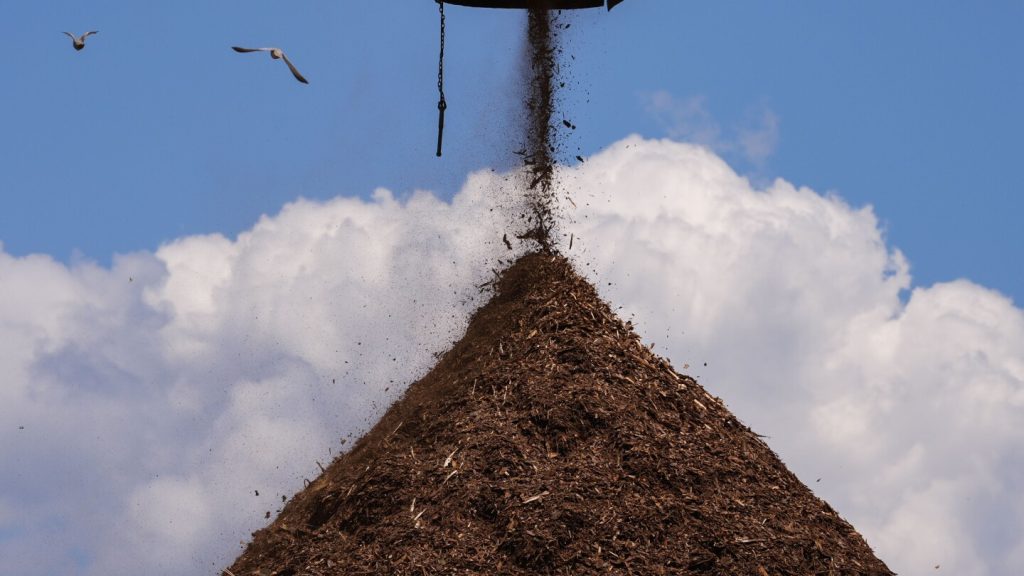In the town of Gloster, Mississippi, residents like Shelia Mae Dobbins have been experiencing health issues since the opening of a wood pellet plant by UK energy giant Drax in 2016. Dobbins, who once had her asthma and diabetes under control, now finds herself living with heart and lung disease, frequently needing oxygen support. The plant, which compresses 450,000 tons of wood chips annually, has raised concerns among residents about air quality and health impacts, with federal regulators finding high levels of unwanted air particles in the town.
Wood pellet production has seen a significant increase in the U.S. South, driven by the demand for renewable energy in the European Union as a substitute for fossil fuels. However, many residents near these plants, particularly in poor African American communities, have reported dustier air and increased health issues. President Joe Biden’s climate change legislation offers billions of dollars in funding for such projects, potentially opening up tax credits for companies burning wood pellets for energy, despite concerns from environmentalists about the impact on communities of color.
The industry continues to face criticism as it expands westward, with environmentalists calling for the government to stop incentivizing an industry they believe is harming communities while contributing to climate change. Despite fines against industry players and bankruptcy of major producers, supporters argue that the wood pellet market offers a long-term solution to the climate crisis and provides revenue for forest owners. However, residents in towns with large Black populations have voiced complaints about truck traffic, air pollution, and noise from pellet plants.
Gloster, Mississippi, has become a focal point for these tensions, with the town exposed to high levels of particulate matter and adults experiencing higher asthma rates than much of the country. Drax, the company behind the plant in Gloster, has faced fines for violating air emissions limits but has taken steps to install pollution controls and improve the quality of life in the community. However, critics remain skeptical of these efforts and argue that poor air quality continues to impact residents’ health in the area.
Environmentalists are urging President Biden to reconsider supporting the wood pellet industry, citing concerns about the immediate carbon emissions and pollution levels associated with burning wood pellets. Scientific studies have shown that wood pellet production releases more carbon into the atmosphere than coal and poses a significant pollution threat. Despite arguments from industry proponents about the carbon-neutral aspects of replanting trees, critics emphasize the harmful effects of burning wood pellets on both local communities and the environment.
As the industry expands, with plans to build new plants in California and Washington, concerns grow about the impact on low-income communities. Environmental justice advocates warn about repeating the same problems faced by Black communities in the South in California’s Latino communities. The debate over biomass energy and the potential for increased emissions from burning wood pellets continues, with federal decisions expected to shape the future of the industry in the U.S. Environmentalists fear that the growth of biomass energy production could have long-term consequences for climate change and carbon emissions globally.


